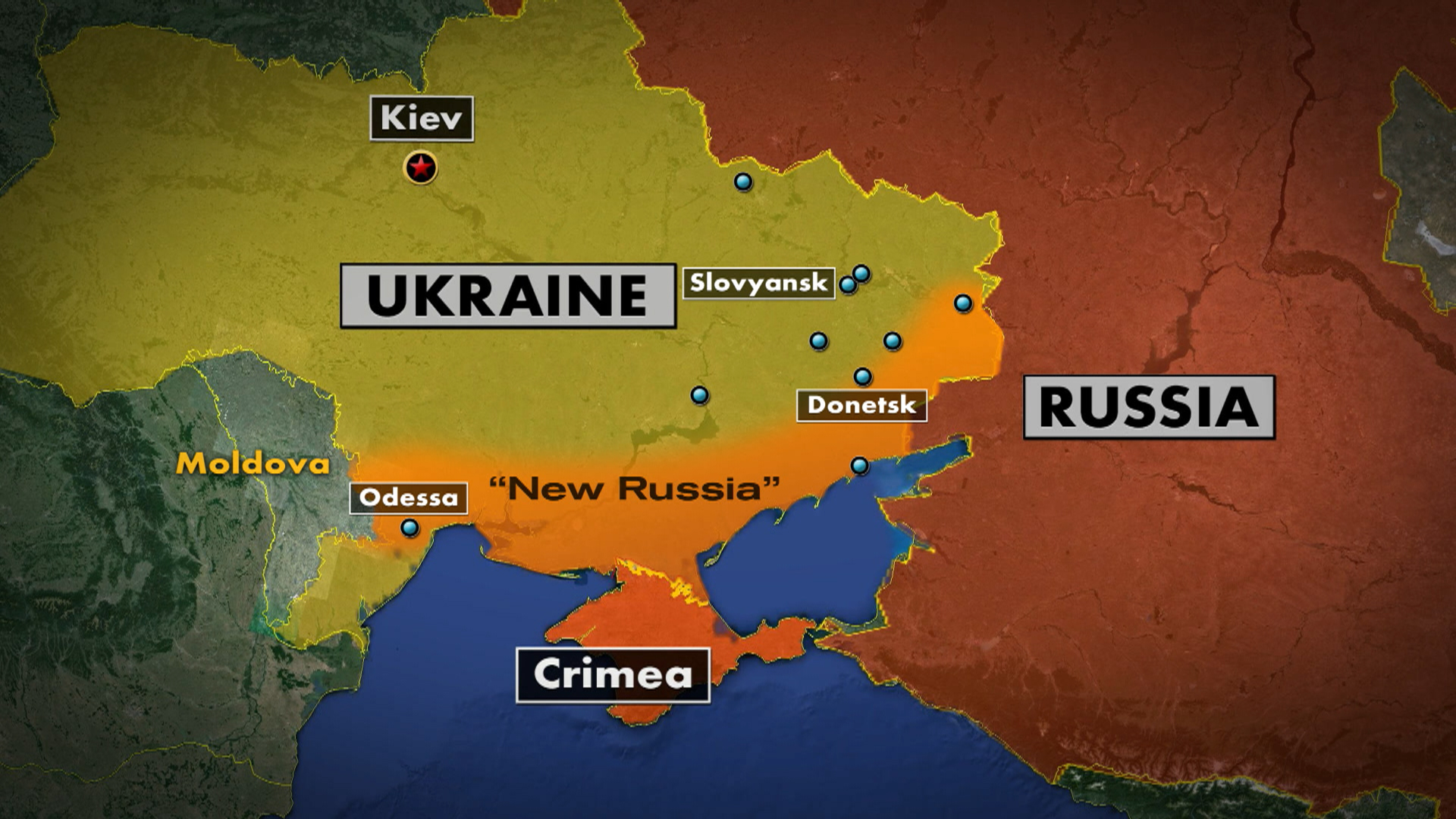Gaza Hostage Release: A Somber Turning Point in the Ceasefire Agreement
The recent handover of deceased Israeli hostages marks a crucial moment in the ongoing ceasefire negotiations in Gaza. As the situation unfolds, the implications for peace and regional stability grow more complex.
/2023/11/15/657942036p.jpg)
In a poignant development, Hamas has transferred the bodies of four Israeli hostages who were taken during the October 7th attack. This marks the first time that deceased hostages have been returned since the ceasefire and exchange process began. Displayed in black coffins, the somber handover took place on a stage in Khan Yunis, southern Gaza, and has been described as the most sorrowful moment in the ongoing hostage exchange since it commenced on January 19. The deceased include Shiri Abbas and her two young sons, alongside 83-year-old Or De Lifshitz. Hamas has attributed their deaths to an Israeli attack, further complicating an already fraught relationship between the parties involved.
Israeli President Isaac Herzog expressed solidarity with the victims' families, while Prime Minister Benjamin Netanyahu acknowledged the day as a sad one for Israel. Looking ahead, Hamas is set to release six more living hostages soon, marking the conclusion of the first phase of the ceasefire agreement, which is scheduled to end on March 1.
Despite the release of bodies and hostages, tensions remain high as 58 hostages are still believed to be in Hamas custody, with Israel estimating that 34 of them may already be deceased. Hamas has indicated a willingness to release all remaining hostages in a single exchange, contingent upon the progression of the ceasefire to a second phase. However, this proposal comes with the demand for a complete Israeli withdrawal from Gaza, a condition that Netanyahu's government finds contentious.
The political landscape in Israel complicates matters further. Netanyahu has appointed Ron Dermer, a former ambassador to the U.S., to lead negotiations for the second phase. However, the far-right factions within his coalition oppose any steps that would leave Hamas as a significant force in Gaza, posing a substantial hurdle to any potential agreement.
The Fragile Future of Peace
Chris Doyle, director of the Council for Arab-British Understanding, highlights the precarious nature of the ceasefire. With Netanyahu's government signaling a desire to resume hostilities, the end of the first phase could reignite conflict. Critics argue that the Israeli objective to entirely eliminate Hamas is unrealistic, as ideologies cannot be destroyed through military means alone.
Adding to the complexity, Donald Trump's controversial plan to relocate the Gaza population to neighboring countries has raised alarms. Critics contend that such a strategy could embolden Israeli forces to intensify military operations without fear of international intervention. The outlook for Gaza appears increasingly dangerous, necessitating pressure from international mediators to ensure the progression of subsequent phases of the ceasefire agreement.
Challenging Negotiations Ahead
As the negotiations for the second phase loom, the possibility of a complete Israeli withdrawal from Gaza remains doubtful. Many in the Israeli government favor retaining control over parts of Gaza, complicating any potential agreement. Recent violence has persisted, with over 100 Palestinian casualties reported even during the ceasefire period.
The domestic pressure on Netanyahu to secure more hostages' release may influence his willingness to proceed with negotiations, but the ongoing conflict and lack of dignity in how hostages and detainees are treated by both sides cannot be overlooked. The current situation calls for a renewed commitment to respectful and humane treatment of all individuals involved.
Conclusion
As Gaza navigates this crucial juncture, the path ahead is fraught with challenges. The recent transfer of bodies highlights the human cost of ongoing hostilities, while the prospects for lasting peace remain tenuous. The international community must play a pivotal role in guiding the negotiations to a successful conclusion, ensuring that the voices of those affected are heard and respected. The future of Gaza hangs in the balance, and only time will reveal whether a sustainable resolution can be achieved.
What's Your Reaction?
















